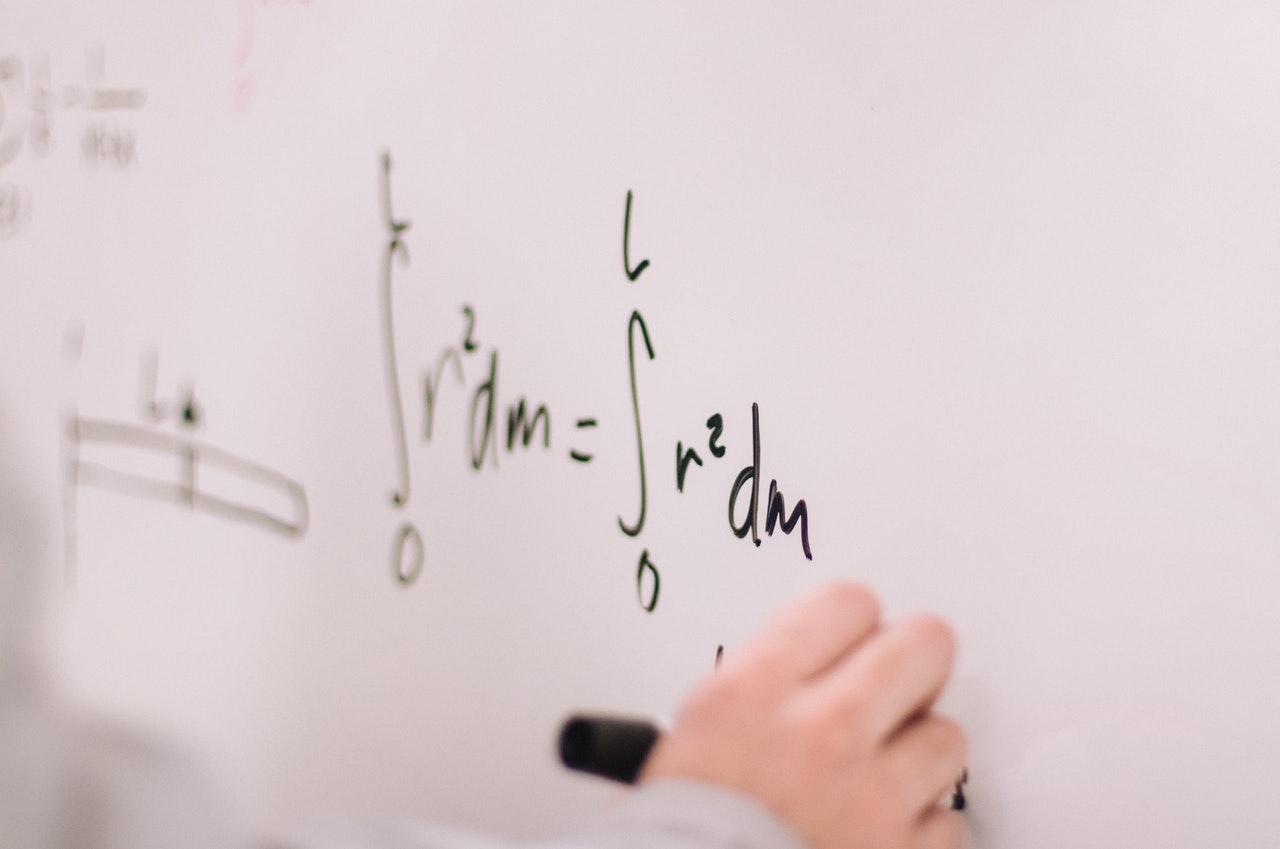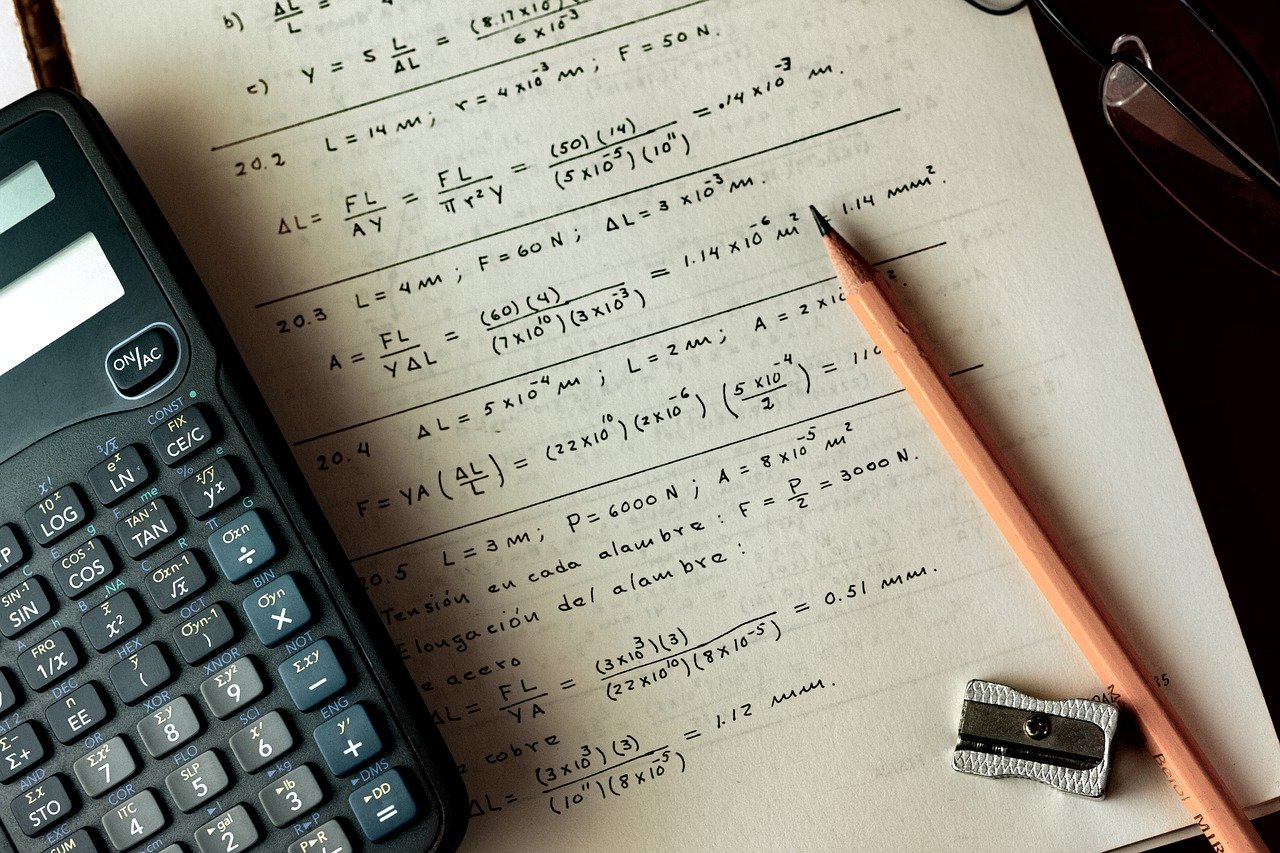When the time comes for students to choose their A-Level courses, many of them choose the subjects that they have: a) achieved good grades in at GCSE, b) found interesting and enjoyed during GCSE study, or c) decided they want to take further at degree level and then carry on into their career. All of these are perfectly normal reasons for choosing A-Level courses, but many students don’t realise just how big a leap it can be from GCSE to A-Level learning.
As a result, these students may find themselves under-performing in a subject that they previously thrived in and enjoyed, which can leave students feeling confused and disappointed. However, the help of one of our Maths tutors can encourage students to rediscover their love and ability for the subject and overall, make a big difference for their A-Level experience.
In this article we will discuss how much of a difference there is between GCSE Maths and A-Level Maths, specifically, and what to expect when transitioning from one to the other. What’s more, we will take a look at how our highly educated A-Level Maths tutors can be of help during this time, so you can breeze through your exams. Maths is certainly one of the trickier subjects in any level of higher education, but it can be a fantastic qualification to achieve if you’re looking for a future career in a professional environment.

For students who have taken their GCSE Maths exam and have achieved a grade 6 or above, you may be considering taking A-Level Maths and even A-Level Further Maths in sixth form or college. So what is the difference between the GCSE and A-Level qualifications and how is the best way to prepare for the step-up?
Different exam boards will differ from syllabus to syllabus’, but generally the content you learn at A-Level Maths is similar to that of what you learned in your GCSE, just more in-depth and complex – it will require you to do further reading as part of your studying and learning and you will also need to keep on top of coursework/assignments to ensure you grasp the units/syllabus entirely. For the exams, expect to see more marks assigned to questions and your ability to analyse data, as well as communicating your answer and reasoning to the examiner concisely, being even more important and challenging during an A-Level Maths exam.
It is worth noting at this point that, whereas at GCSE level you are given resources by teachers and the answers are more or less given to you during class hours, at A-level you will be required to do independent research outside of the classroom and this goes for all your subjects, such as A-Level Physics, A-level Biology and A-Level Chemistry, not just Maths!

Preparation is key in the lead up to starting your A-Level Maths course and many students get in the zone by booking a qualified online Maths tutor, so they know what to expect when studying A-Level Maths and can work on their weaknesses where necessary.
Furthermore, with recent changes to the exam schedule for A-Level Maths, students are now being assessed with ALL exams being taken at the end of the second year, rather than sitting an exam in the first year and another in the second year. This ‘linear’ change means all students will sit exams at the end of the course, so it is imperative that students refer back to their notes in the first year and revise as effectively as possible when the exam period rolls around. An example and breakdown of this change can be found within the AQA resources section.
Using the exam board, AQA as an example to outline the variations in specifications between GCSE Maths and A-Level Maths, you can expect to learn a lot more content within the later part of the course:
GCSE Maths
At GCSE level, there are three separate exam papers to take – one non-calculator and two calculator papers.
A-Level Maths
At A-Level, there are three exam papers with the above units broken down into three parts.

A-Level Maths is a fantastic qualification to achieve if you are passionate about the subject and are willing to put in the hard work. It is best to speak to your Maths teacher about progression into A-Level and whether you would be suitable to take the course, as they know your capability more than anyone!
There are many great careers and professions that look for higher education Maths on your CV when you eventually come to apply for jobs – it may be worth speaking to a career advisor if you would like more information on this. Typically, the below job titles require a background in Maths:
So much can be learnt from an A-Level Maths tutor and help is always available upon request. Tutorspot is a leading online and in-person tutor company and we pride ourselves in finding the best online A-Level Maths tutors for your ability. Whether you need a hand deciphering exam questions, need someone to mark your practice papers, or you are finding a specific topic a little tricky to understand, our tutors can help you flourish in the subject.
Find your ideal tutor(s) with Tutorspot today and be on your way to succeeding in A-Level Maths in the coming year. Our team is here to help if you require further assistance, so don’t hesitate to contact them info@tutorspot.co.uk or call on 01509 265623.
